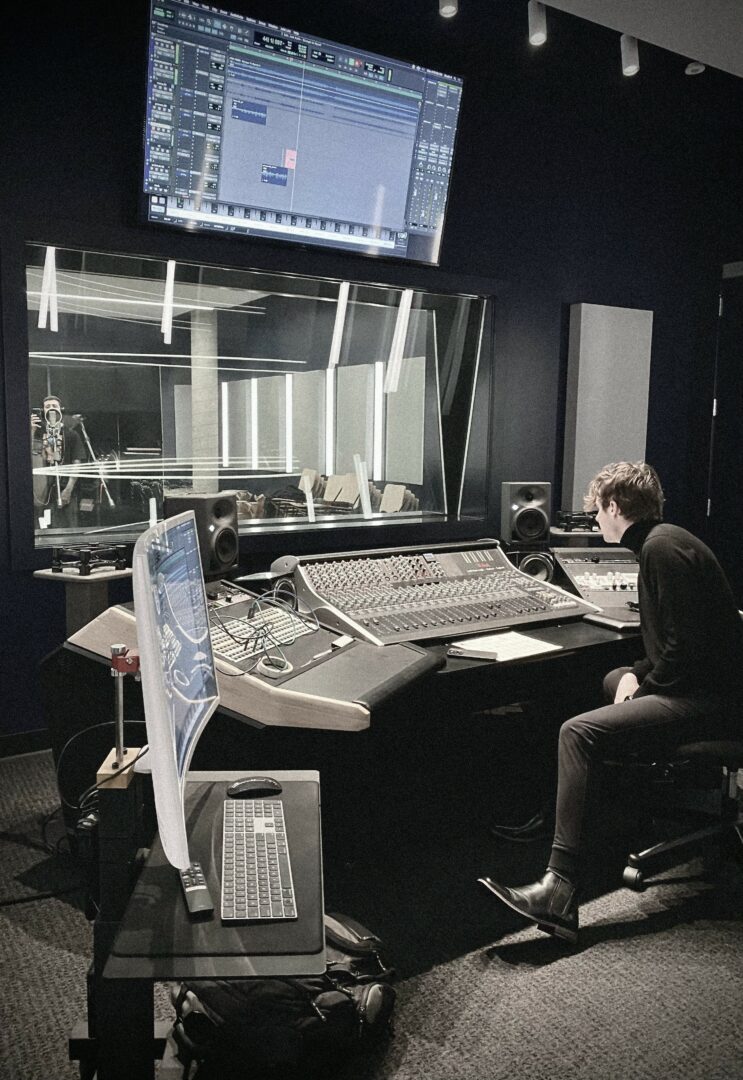We caught up with the brilliant and insightful JP Warner a few weeks ago and have shared our conversation below.
JP, first a big thank you for taking the time to share your thoughts and insights with us today. I’m sure many of our readers will benefit from your wisdom, and one of the areas where we think your insight might be most helpful is related to imposter syndrome. Imposter syndrome is holding so many people back from reaching their true and highest potential and so we’d love to hear about your journey and how you overcame imposter syndrome.
It’s very much something I’m still working on! In a field as flooded with such talented artists, performers, and producers, I think impostor syndrome is a constant battle for nearly every professional musician. Social media makes it all the more difficult — constantly seeing curated highlights from fellow creatives doing amazing work can make anyone feel like they’re not measuring up.
Whenever I find myself feeling this way — maybe after hearing a song that makes me question my own music, or walking into a room where I feel out of my depth — I like to take a step back and first remind myself that comparison is the thief of joy. I’m on my own journey, and that’s what allows me to have a unique voice in this space. I wouldn’t trade it for anything.
Then, rather than letting those feelings shut me down, I channel them as a source of inspiration. I put on my nerd hat and dig in — I analyze what moved me about that piece of music, or what made that event feel so elevated, and I try to learn from it. Because at the end of the day, we’re all just passionate people putting in the time to get better at what we love!
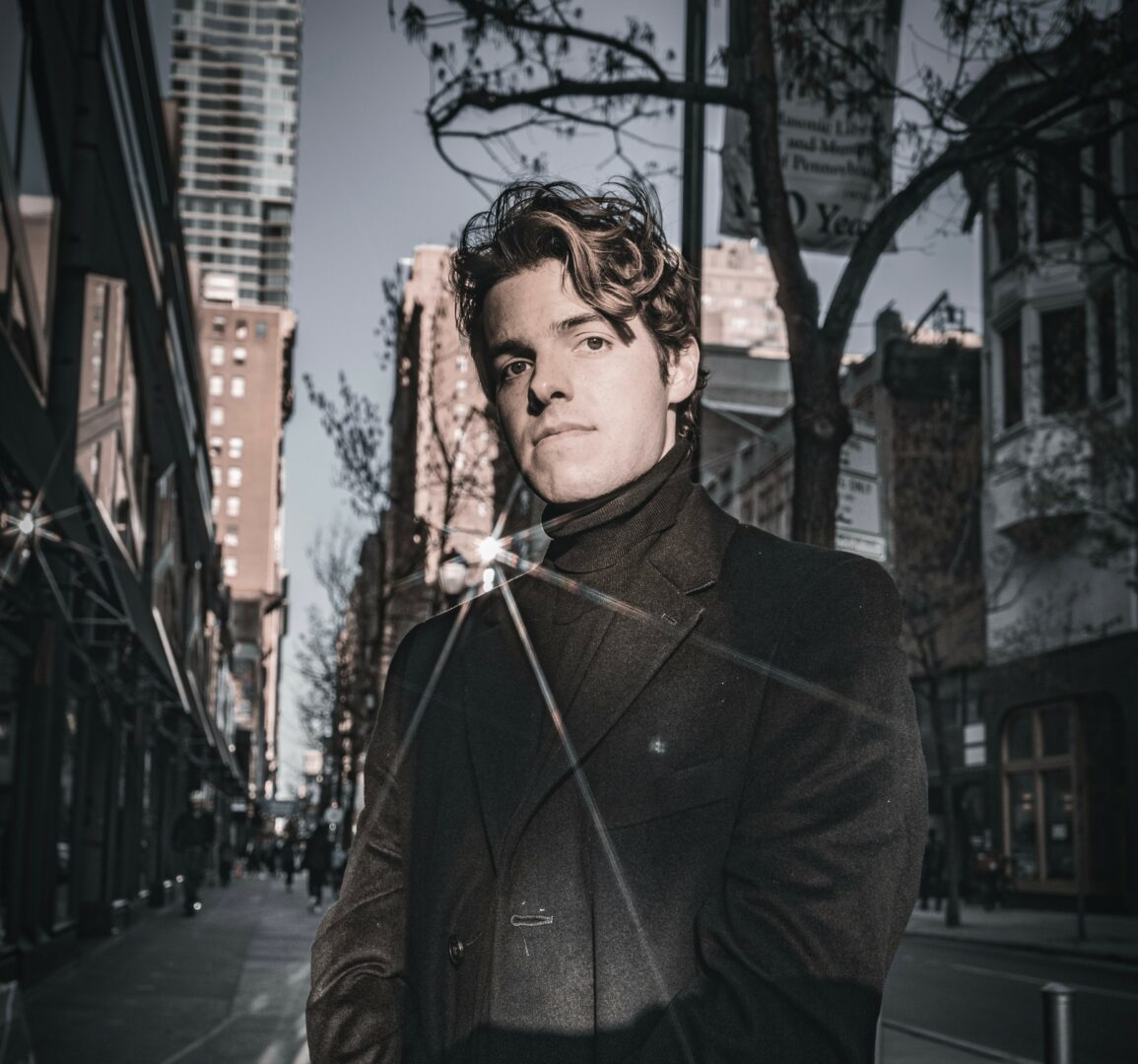
Let’s take a small detour – maybe you can share a bit about yourself before we dive back into some of the other questions we had for you?
I’m a music producer, songwriter, audio engineer, and artist. I’ve been making music in some form my whole life, and I’ve been doing so professionally for the past decade. The songwriting and production process is far & away my favorite part of the job — walking into a room with nothing but ideas, then walking out a few hours later with a new song you love is an unparalleled feeling.
Right now, I’m focused on three artist projects that each reflect a different side of me. SPACELY is a cinematic, alt-pop concept project centered on mental health and personal growth. NIGHTSWIM is my outlet for euphoric, feel-good house music — a more open, free-flowing space where I can explore joy, connection, and the beauty of simplicity. I’m also currently working on a jazz project, which feels like a full-circle moment after growing up loving that genre.
Beyond that, I’ve had the chance to work with several artists I love, including Jorge Rivera Herrans, TE/MO, Excision, Mason Olshavsky, Tiësto, Luke Holt, Culture Code, and many more. I was also recently inducted as a voting member of the Recording Academy (who run the GRAMMY Awards), which was an incredibly humbling milestone and powerful reminder of how far I’ve come.
At the core of everything I do is a desire to make people feel seen. Mental health is a huge part of my story and my creative identity. Through both my music and my social platforms, I try to be transparent about my own experiences and share resources that have helped me & my peers navigate difficult times. Whether I’m writing about a healing journey or simply to put joy into the world, I want my work to remind people they’re not alone.
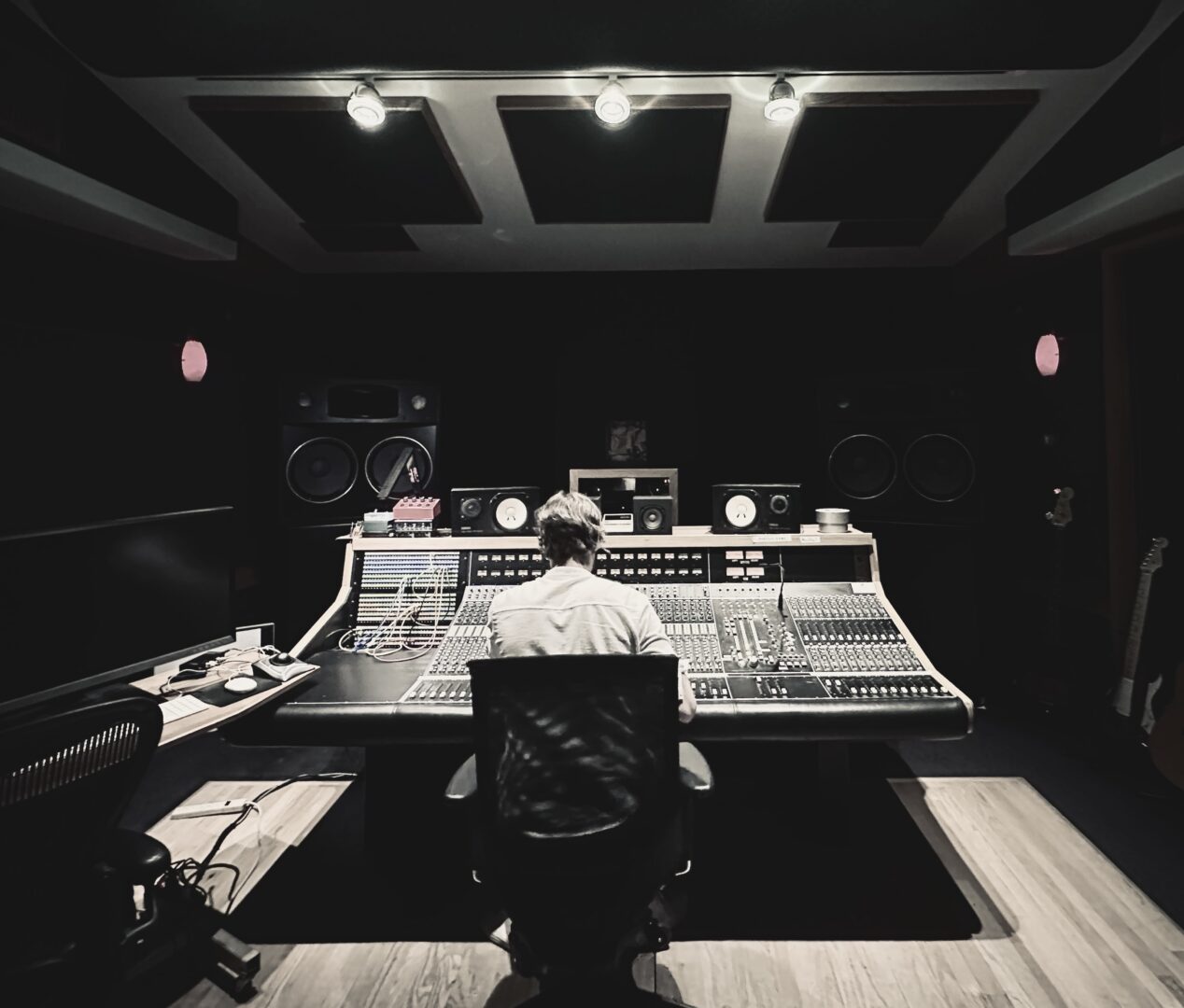
If you had to pick three qualities that are most important to develop, which three would you say matter most?
I’m so glad you asked — dialing in the following three skillsets dramatically changed my career.
First, the technical side. This one’s the most obvious — to succeed in my field, I had to be able to reliably make music that sounded professional. For me, that meant learning how to write compelling songs, how to produce instrumentals that felt full but not cluttered, and how to record, mix, and master at the highest level. If you’re just starting out, my advice is simply: put in the reps. Watch tutorials, create hundreds of demos, and get feedback from people you trust. Be comfortable being “bad” at this — I certainly was in the beginning! The more you make, the faster you’ll grow.
Second, I had to learn how to run my business efficiently. There’s no real road map for how to create a financially sustainable music career; it’s far from a one-size-fits-all business. After quite a bit of trial and error, I finally found a sweet spot for how to price fairly, manage timelines and expectations, and adapt deals to make them advantageous for both the artist & me. I also built a reliable creative workflow — something I can fall back on even on off days, so I can always show up in a recording session and deliver. That level of structure and clarity changed everything. For anyone early in their journey: don’t be afraid to treat your art like a job. Learning the business side isn’t selling out — it’s buying yourself the freedom to sustainably keep creating.
Lastly, emotional resilience was an unexpected but essential skill I had to develop. Most of us start making music because it brings joy and fulfillment, so it’s jarring to discover how much the professional pursuit can strain your mental health. The industry is intensely competitive, the market oversaturated, and there are few clear metrics for “success.” Social media only amplifies the pressure, serving a constant stream of people who seem to be doing what you do—only better, faster, and on a bigger stage. Without ways to stay grounded, it’s easy to feel discouraged. Learning to navigate those emotional highs and lows, and to protect my sense of purpose, has been crucial to keeping this career sustainable. I anchor myself in the reason I started: not to chase streaming numbers, but to create something meaningful with talented people. Without that at the core, it can be easy to burn out.
Those three skills — technical prowess, business strategy, and emotional resilience — are what helped me level up from “making beats” to a sustainable, full-time creative career.
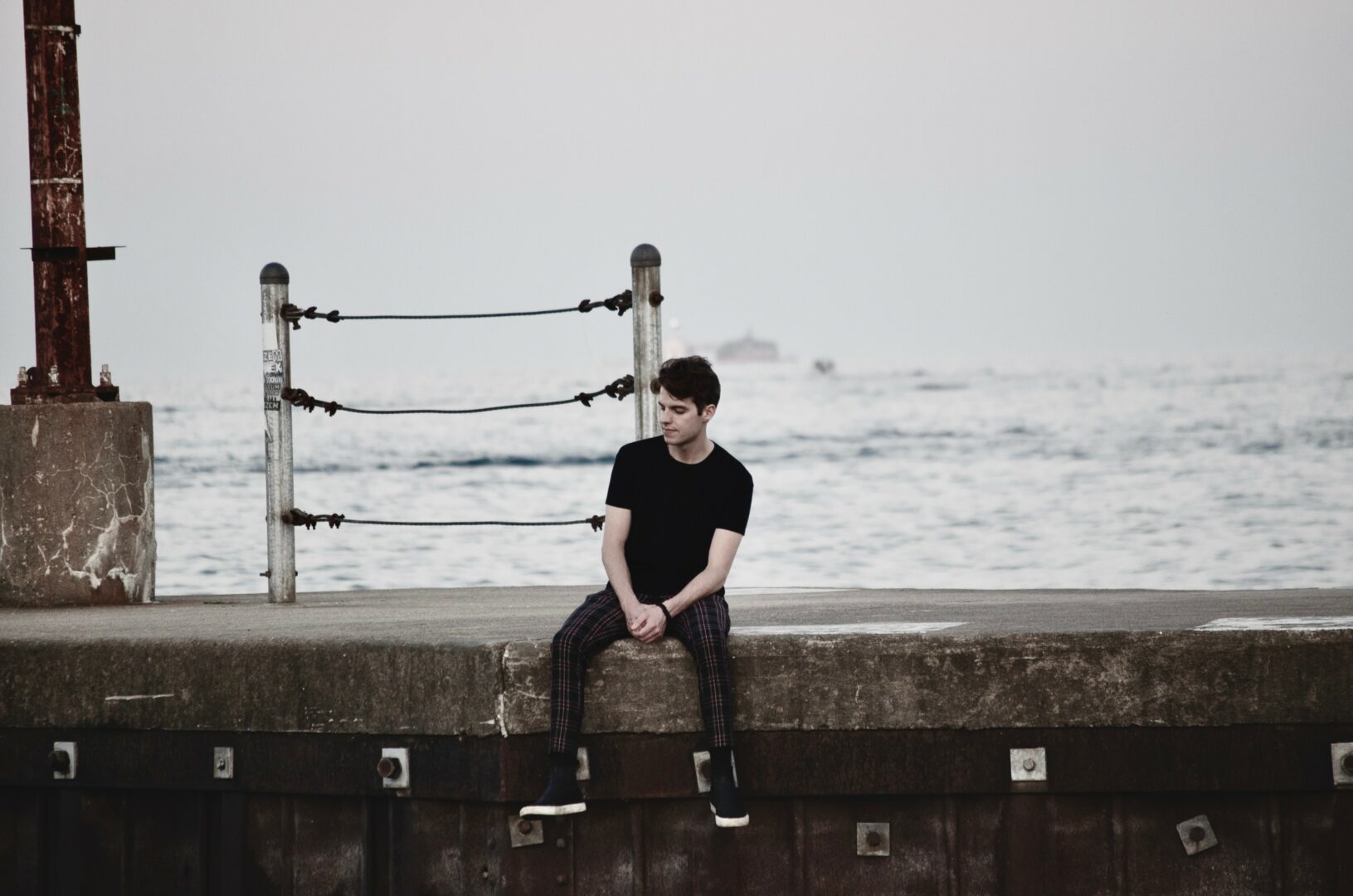
Awesome, really appreciate you opening up with us today and before we close maybe you can share a book recommendation with us. Has there been a book that’s been impactful in your growth and development?
“The Way Forward” by Yung Pueblo. It came to me during a time of loss, when I was trying to navigate overwhelming feelings of grief while still needing to show up creatively. His writing not only helped me make sense of what I was feeling, but also guided me to move through it with gentleness and clarity. One idea that struck me deeply was that healing isn’t about becoming someone new; it’s about releasing the patterns and beliefs that aren’t truly you. That shift transformed the way I create: the more I let go of what’s not mine to carry, the more freely I can connect with who I really am. Paired with his reminder that inner peace isn’t the absence of ambition, but what gives ambition direction, these ideas dramatically reshaped how I pursue growth in my career. I no longer work from a place of panic or proving, but from alignment with who I am at my core.
Contact Info:
- Website: https://www.jpwarnersound.com
- Instagram: https://www.instagram.com/jpwarnersound
- Facebook: https://www.facebook.com/jpwarnersound
- Linkedin: https://www.linkedin.com/in/jpwarnersound/
- Youtube: https://www.youtube.com/@jpwarnersound
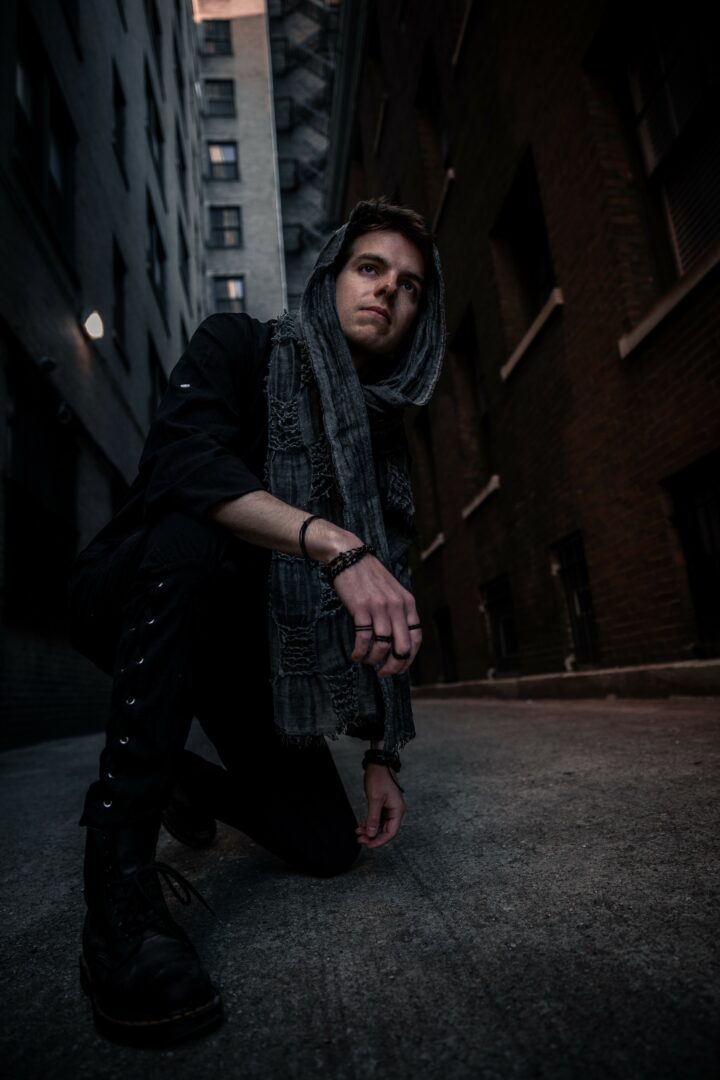
Image Credits
Danni Arndt, Jessica Ivey
so if you or someone you know deserves recognition please let us know here.

